It would be fair to say that leading sleep expert Matthew Walker knows a thing or two about the science behind getting great quality shuteye. In addition to contributing to numerous research studies about sleep, Walker also wrote international best-selling book ‘Why We Sleep’.
Who is Matthew Walker
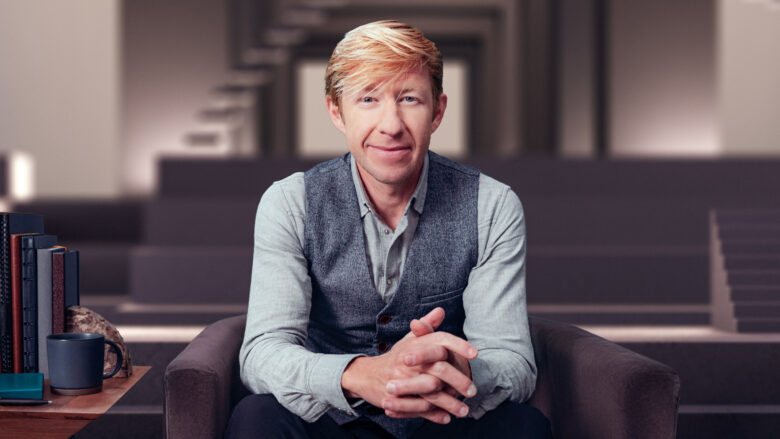
Source: masterclass.com
Walker is the founder and director of the Centre for Human Sleep Science, which is located in Berkeley’s department of psychology at the University of California. He famously gave a TED Talk in 2019 entitled ‘Sleep is Your Superpower’ which garnered more than one million views in the first 72 hours.
Walker’s opinion on the role that sleep plays in our health and wellbeing has been backed up by numerous studies conducted since the turn of the century. For instance, recent research by Betway Insider supported his view that establishing a relaxing pre-bedtime routine plays an integral role in getting good quality sleep.
They found that meditating for 30 minutes before sleep was the best way to safely navigate through the night without any disturbances. The results of the study add further weight to Walker’s claims regarding the importance of sleep in supporting our general health and wellbeing.
He insists that sleep boosts our ability to learn and retain information, strengthens our immune system and improves our metabolism. A lack of sleep is linked to the onset of numerous health conditions including heart disease, cancer, dementia, obesity, anxiety, depression and many more.
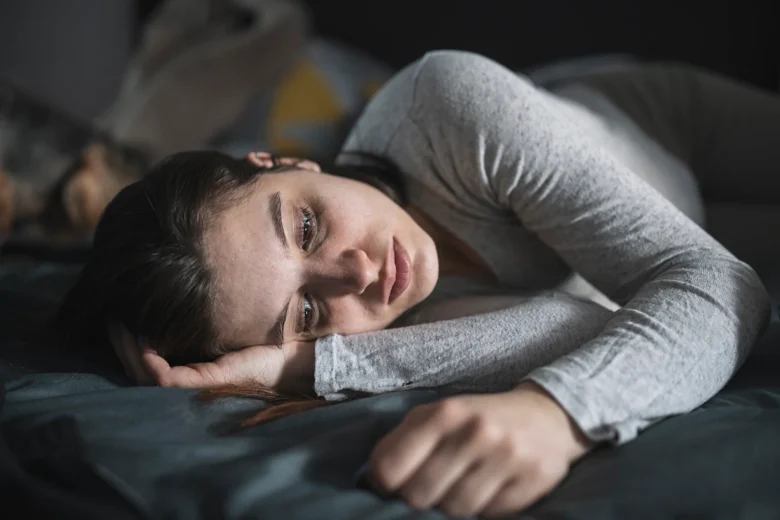
Source: scientificamerican.com
To unravel of the mystery of how to get great quality sleep, Walker established a 12-step plan in ‘Why We Sleep’ that everyone can follow:
- Establish a sleep schedule.
- Take regular exercise, but not late in the day.
- Spend at least 30 minutes outside each day to expose yourself to natural light.
- Avoid nicotine and caffeine.
- Don’t drink alcohol before sleep.
- Don’t eat large meals just before bed.
- Be wary of medication that interferes with sleep.
- Don’t take power naps after mid-afternoon.
- Undertake relaxing activities before sleep.
- Take a hot bath.
- Make your bedroom a relaxing environment free from digital devices.
- Don’t toss and turn in bed.
From Walker’s perspective, the first point on the list is undoubtedly the foundation on which getting quality sleep is built. He says it is imperative for people to know their chronotype, which is essentially the body’s natural inclination to sleep at a certain time.
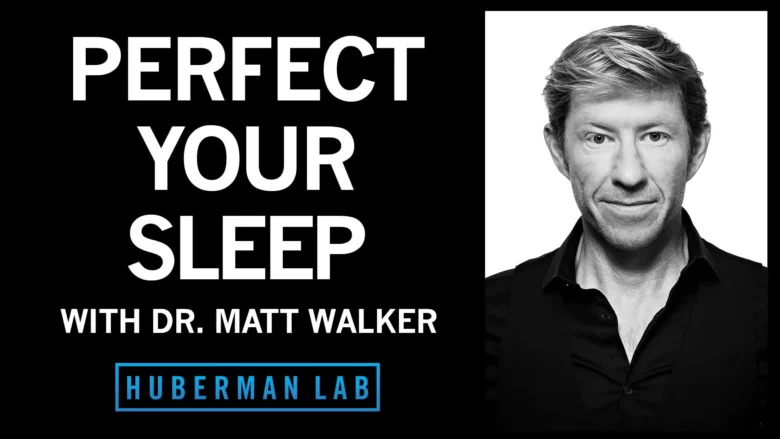
Source: hubermanlab.com
“You need to sleep in harmony with your chronotype to get the best sleep,” Walker said in a recent podcast.
“For example, I’m somewhere in the middle and quite neutral – I’m between an 11.00 pm to 11.30 pm bedtime to a 7.00 am – 7.30 am wake up time, which puts me in the neutral category.
“If I was to go to bed at 9.00 pm and then wake up eight hours later, or go to bed at 4.00 am and wake up eight hours later versus my neutral eight-hour sleep window, it’ll make a big difference.
“You might think ‘but it’s still eight hours of sleep’, but the difference is that with one of these options I’m sleeping in sync with what my biological rhythms want me to do and the other times I’m out of sync and won’t sleep as well.”
Walker’s passion for extolling the virtues of good quality sleep is seated in a desire to deliver better health outcomes for people around the world. During the course of his extensive research, Walker has been able to establish verifiable links between a lack of sleep and several noteworthy issues. For example, Walker says that a lack of sleep increases the risk of the onset of Alzheimer’s disease, citing two famous individuals who were constantly in sleep deficit as examples.
He says he has ‘always found it curious’ that Ronald Reagan and Margaret Thatcher – who slept for just four to five hours per night – both suffered dementia in later life. Walker has also found that getting just six hours sleep per night over 10 days can impair performance as much as if someone stayed awake for 24 hours straight.
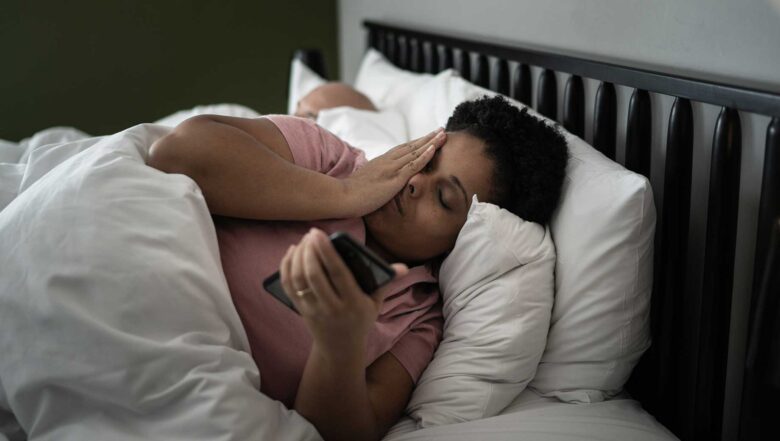
Source: news.gallup.com
His most recent research conducted with a group at the University of California sought to uncover the secret to waking up feeling alert and refreshed. The found that three elements delivered the desired results – sleeping for a longer duration and at a later time, engaging in physical activity the day before and consuming a breakfast low in sugar and high in carbohydrates.
Having uncovered a magic formula for getting the best quality sleep, Walker hammered home the importance of achieving this across wider society. He noted that a lack of sleep has been linked to people suffering injuries at work and, more worryingly, the cause of several major disasters.
They include nuclear accidents in North America and Europe, cementing the point that people should give serious consideration to the amount of sleep they get each night.
“Many of us think that morning sleepiness is a benign annoyance,” Walker say.
“However, it costs developed nations billions of dollars every year through loss of productivity, increased healthcare utilisation, and work absenteeism. More impactful, however, is that it costs lives – it is deadly.
“From car crashes to work-related accidents, the cost of sleepiness is deadly. As scientists, we must understand how to help society wake up better and help reduce the mortal cost to society’s current struggle to wake up effectively each day.”
Why We Sleep: The Final Word
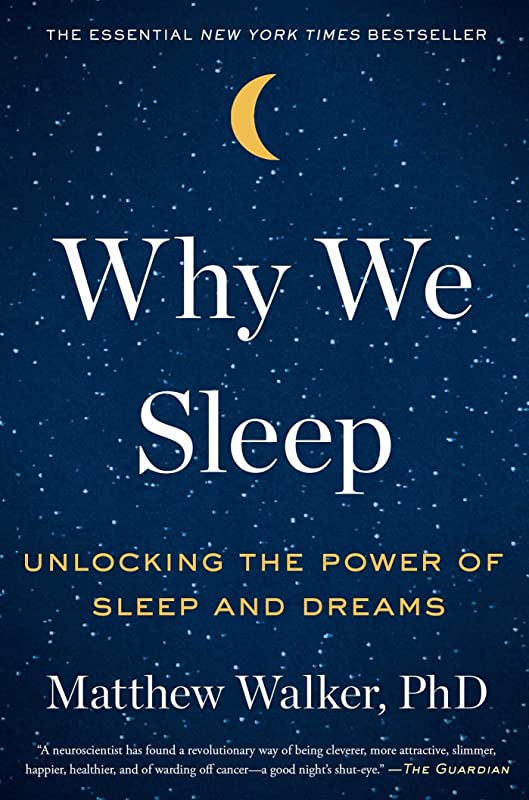
Source: amazon.com
Given the potential consequences of sleep deficit, Walker’s advice on how to avoid this is something everyone should take on board.
From improving performance to staving off serious conditions and more, sleep is the foundation on which positive health and wellbeing is based.
By establishing a routine that allows you to get the requisite amount of sleep, you will boost your chances of enjoying a successful and healthy existence.
